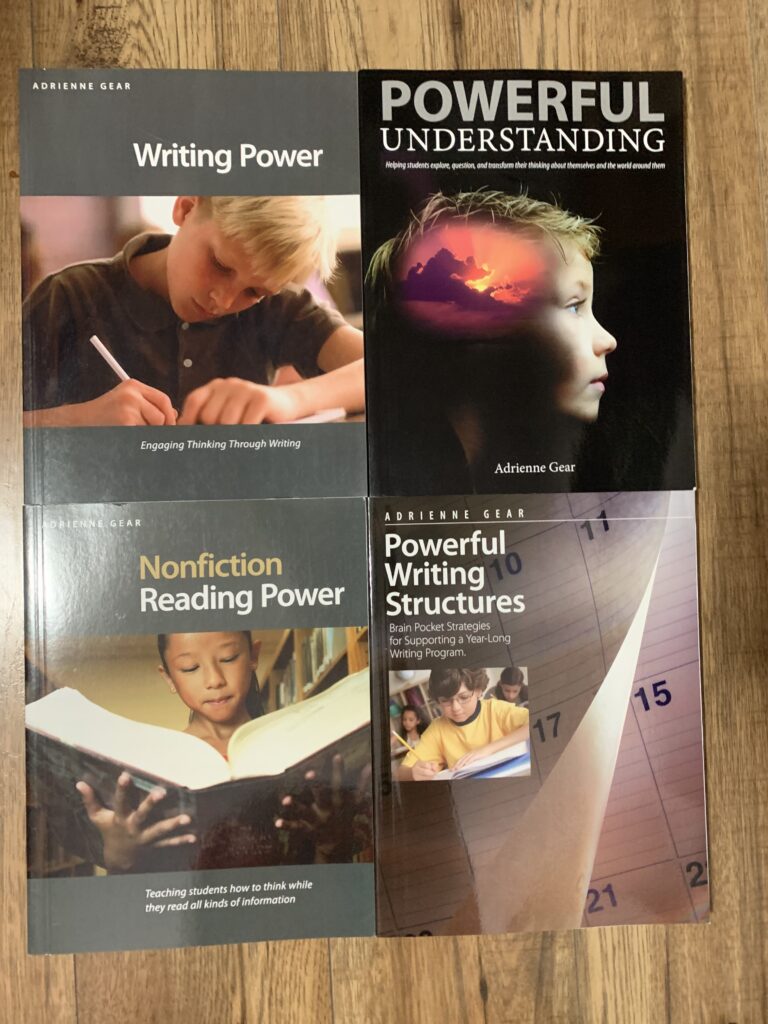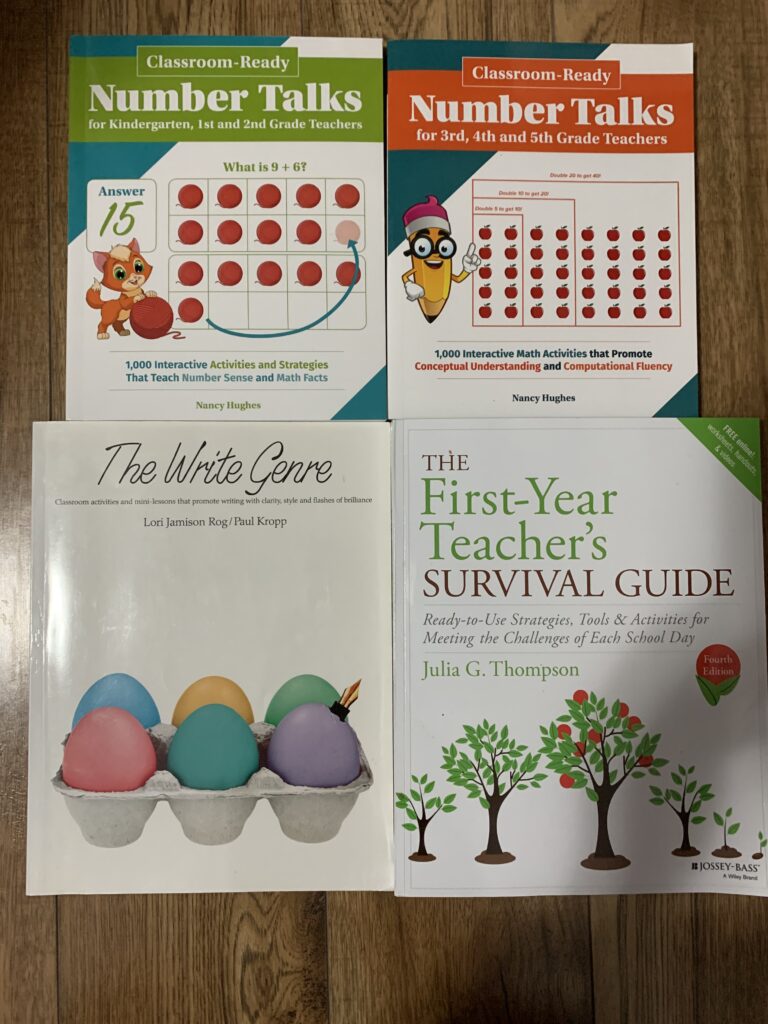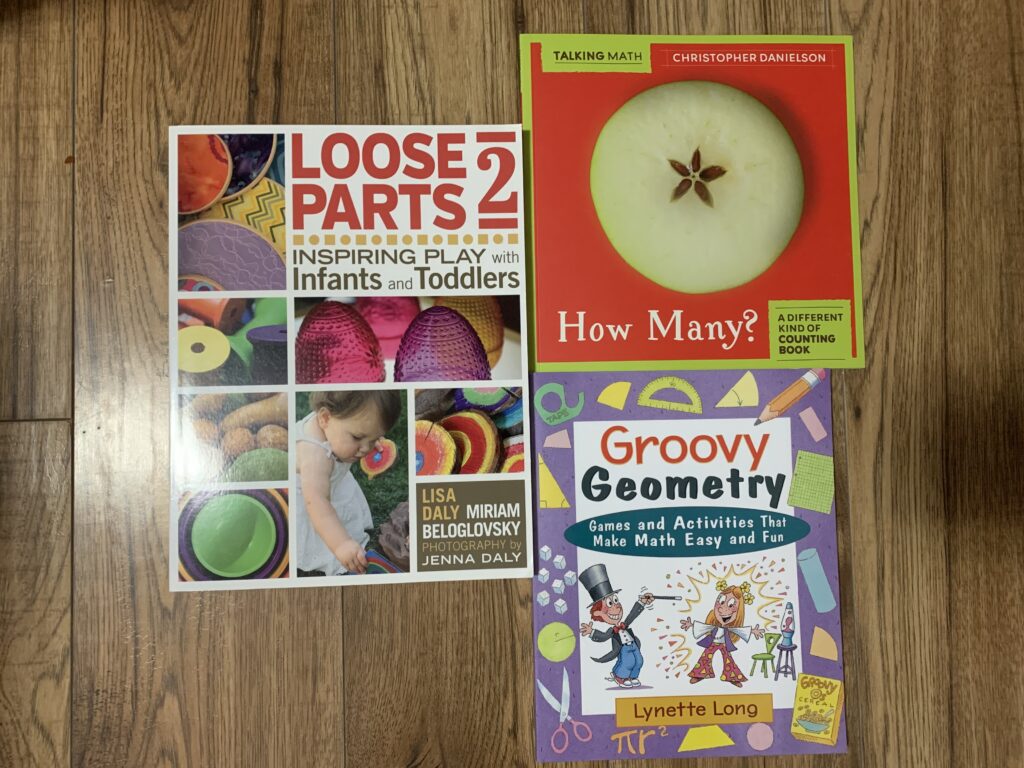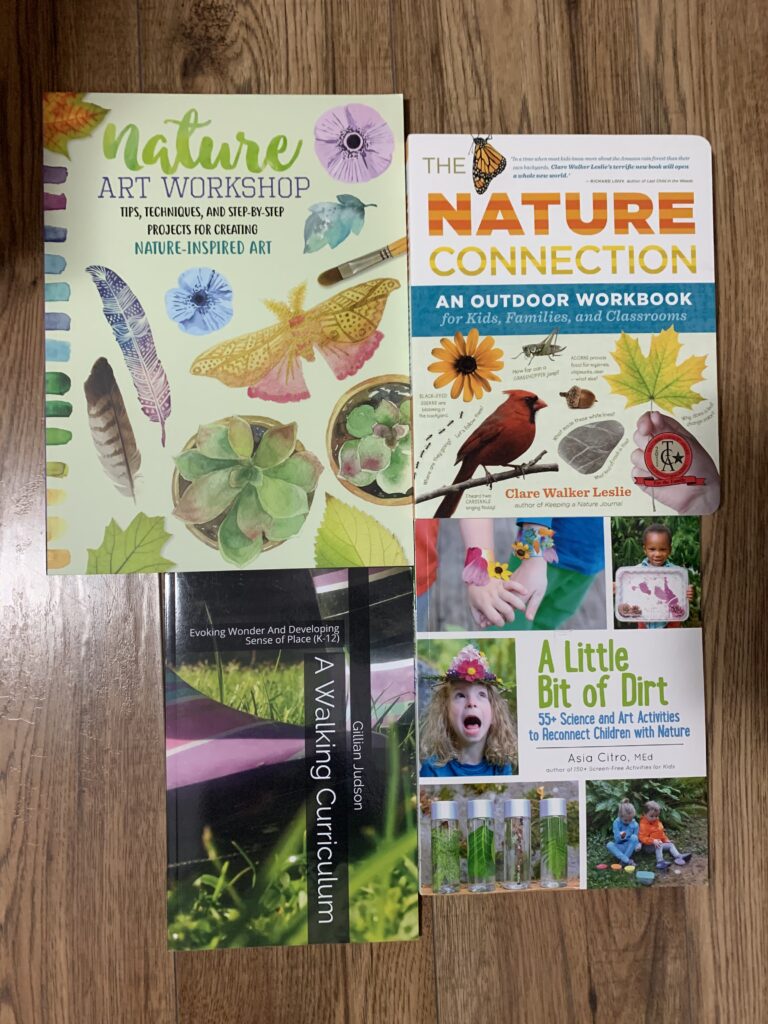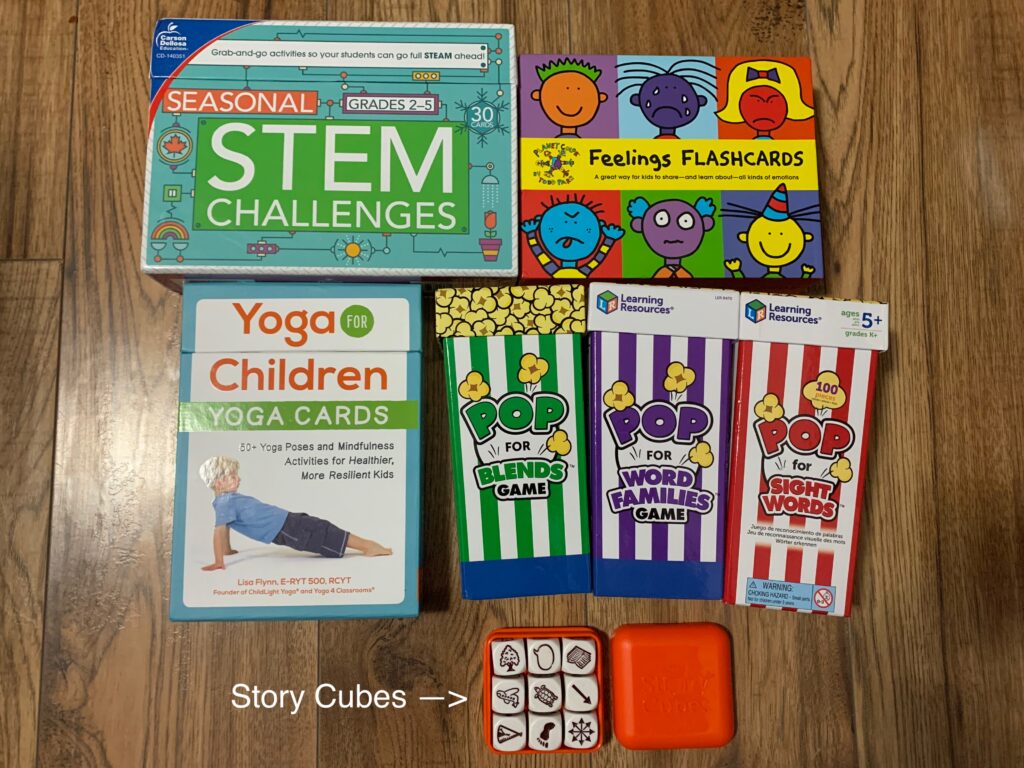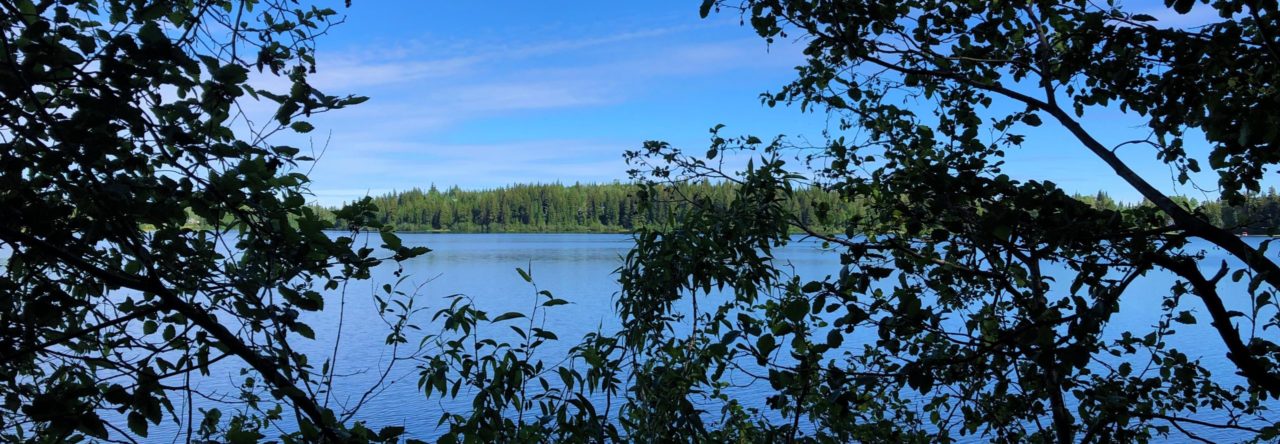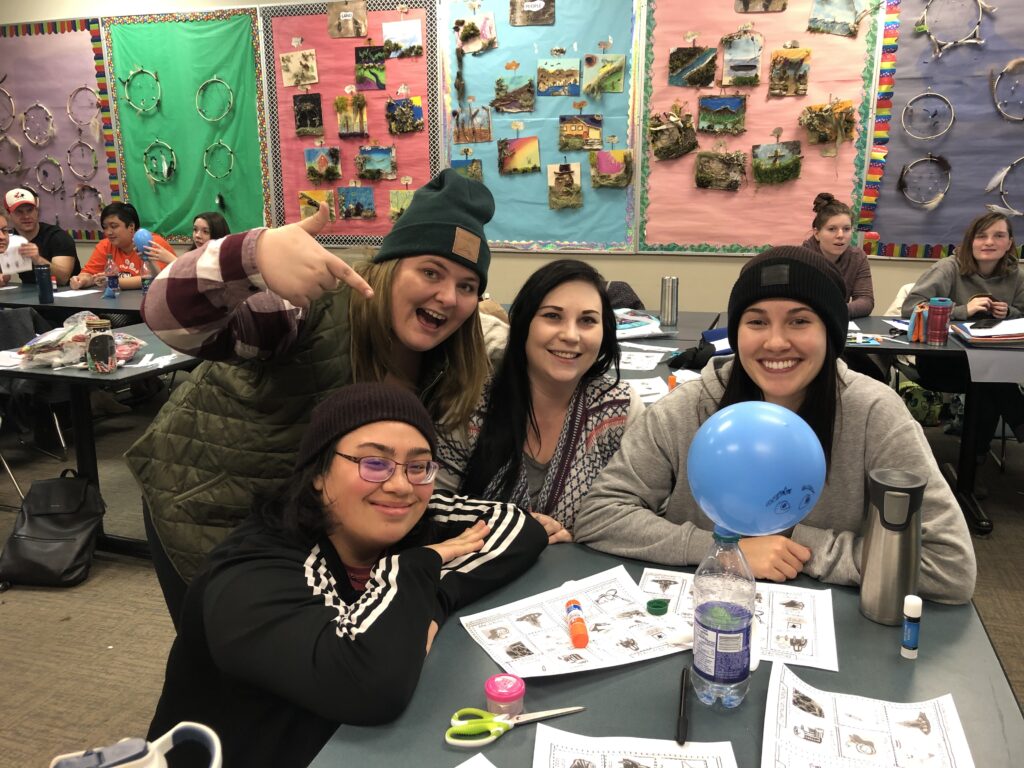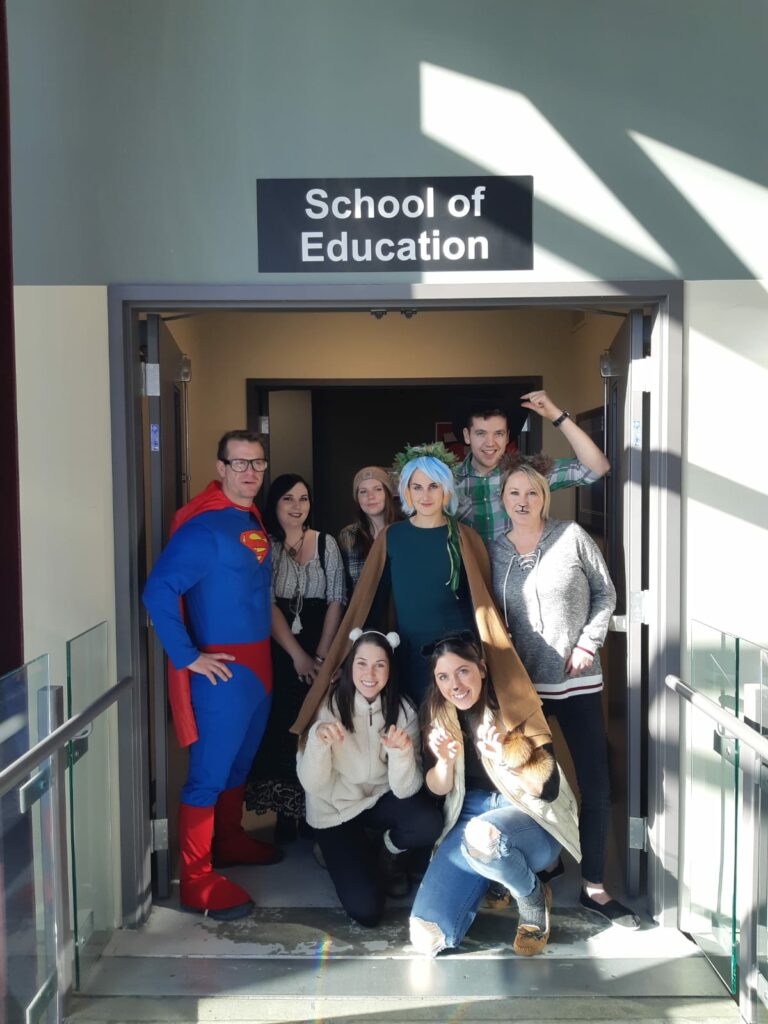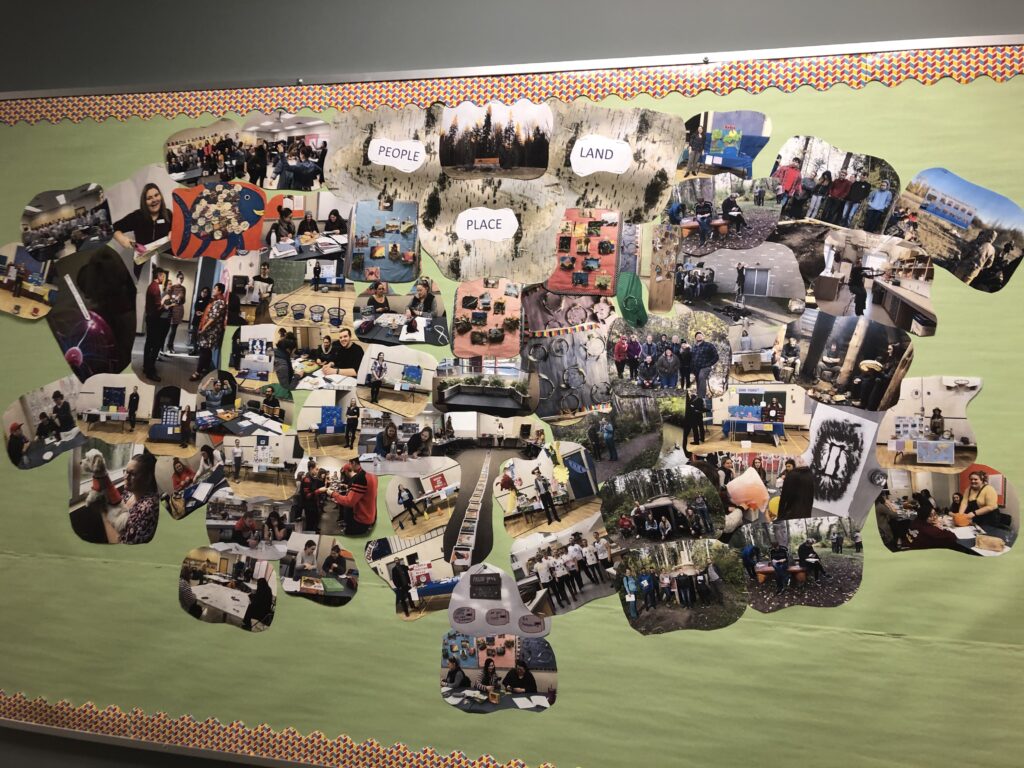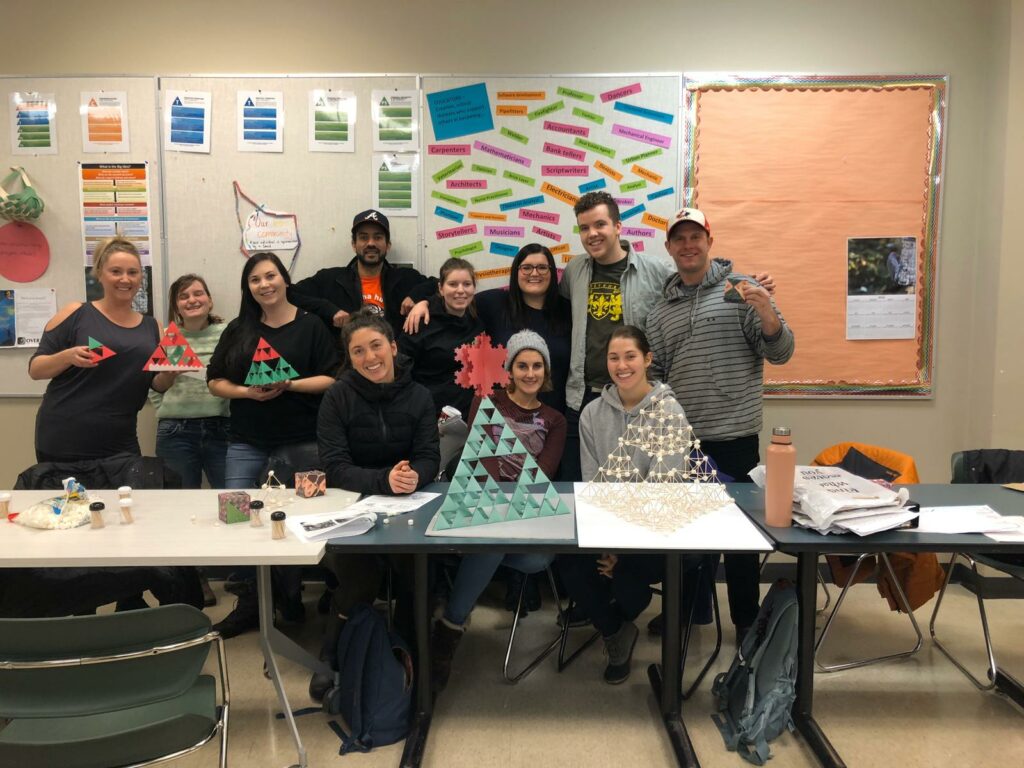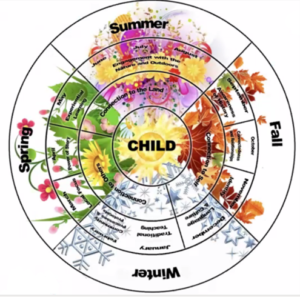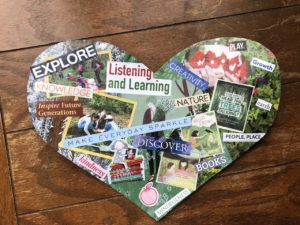These are some of the resources that I have come across while doing research for lesson plans.
Resource Room: Outdoor Education from the Habitat Conservation Trust Foundation
Literacy and the Great Outdoors: 10 Outdoor Literacy Ideas by Childhood 101
K-12 Evaluated Resource Collection from Focused Education Resources
Education Programs from The Central BC Railway and Forestry Museum
Resources for Educators from Fisheries and Oceans Canada
Teacher Resources from BC Heritage Fairs
An Education Guide by Native Land
Territories and Language Map by Native Land
Resources from the BC Ministry of Education
Shared Learnings: Integrating BC Aboriginal Content K-10
Sustainability Course Content: A Curriculum Framework
The Environmental Learning & Experience Curriculum Maps
The Rush to BC: Teacher’s Social Studies Guide
B.C. History in Action for Kindergarten to Grade 7
B.C. History in Action for Grades 8 to 12
Resources from the Prince George District Teachers’ Association (PGDTA)
Lheidli T’enneh Historical Timeline
Additional Indigenous Resources
Teaching Green: Sustainable Resources
Their Voices Will Guide Us: Student and Youth Engagement Guide by the National Inquiry into Missing and Murdered Women and Girls
Educational Presentations through Huble Homestead Historic Site
School Programs through Two Rivers Gallery
Field Trips to the Exploration Place: Museum and Science Centre
Global Citizenship and Storyworlds through Lyfta
Esti-Mysteries Math Resource by Steve Wyborney
The Carrier (Dakelh) Language from the Lheidli T’enneh website (includes O’ Canada in Dakelh)
Resources from First Nations Education Steering Committee (FNESC)
In Our Own Words – Bringing Authentic First Peoples Content to the K-3 Classroom
Science First Peoples, Gr. 5-9
Science First Peoples Teacher Resource Guide (Secondary)
Math First Peoples
English First Peoples
Authentic First Peoples Resources (K-9)
Digital Citizenship Curriculum: Digital Safety and Literacy by Common Sense Education
Teacher Resources from Science World
Story Kits from the Prince George Public Library
Indigenous Land-Based Learning from Elementary Teachers’ Federation of Ontario
Indigenous Books and Resources from Strong Nations
Land Based Educational Resources from Take Me Outside
Indigenous Education and Outdoor Learning Lesson Plans from Comox Valley Schools
Indigenous Land-based Learning Programs by Christine Irvine
Land Based Learning by Canadian Education Association
Educational Resources to Support Reconciliation by Empowering the Spirit
A few of my favourite educational books and resources:
